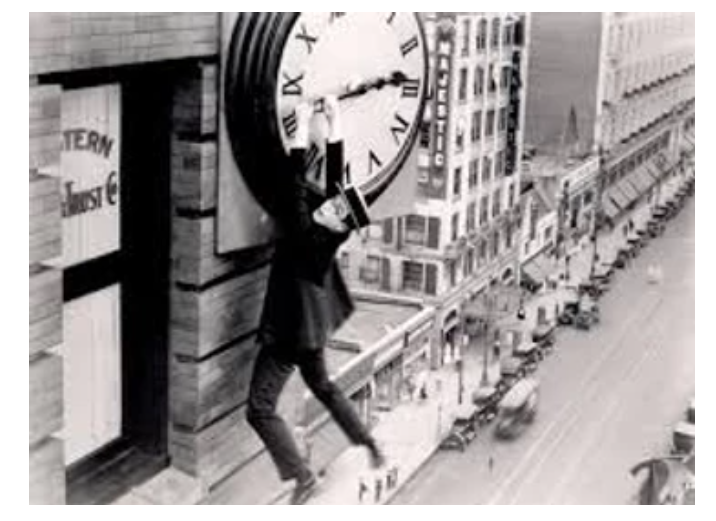[Professional Development]
Call Time on Time Management

How Time Optimisation is Better Than Time Management
I can’t help but wonder that if time management really worked, we’d all have got the hang of it by now. I mean, it seems to have created the reverse problem. People go on courses to learn how to manage their productivity and work time better and end up with gantt-chart style diaries that take an Olympian marathon runner’s resilience to keep up with. The result is that we all get strung out, desperately trying to keep up with packed worked and life diaries that don’t give us any down-time – or even a little respite. And it has become respite, as we are up against it all the time.
Optimising – Rather than Managing Time
Managing time seems a little mad as let’s face it, we have no control over it and whilst it is infinite in a universal sense, each individual has a limited number of minutes in a day to make use of. This is why optimising energy and productivity, rather than managing time, should be our goal.
Optimising our energy gives us something vital, the ability to see through the task we need to do. The reality is, the majority of us are strung out and when we’re fatigued our physiological and mental ability to complete a task well, dramatically drops; as does our enjoyment of it. We get more done with optimised energy that is focused on the things that will bring us a positive return. So how do we achieve it?
- Know your Goals – and WHY you want them. What do they bring to you in terms of your values in life? When your goals are in conflict with your values then your motivation to get them done and your energy to do them will fall. It is common for this to happen in a work scenario, which is why more businesses are driving for purpose-driven business strategies and recruit staff that are aligned to them. If something is in conflict with your values, at a minimum this needs reviewing. Can it be re-framed in terms of your overall goals? If not, this will sap your energy and contribute to stress, dissatisfaction, energy depletion and goals being missed.
- Identify Your Yes’s – what is that you need to focus on right now? What are the things that will contribute most to your end goal, what are the elements that spark your fire? These will be your drivers and help you identify the important, rather than extraneous tasks that need to be delivered – AND you will be more interested in getting them done.
- Identify Your No’s – and stick to them. It really is OK to say no. If that request takes you off task and distracts you from your journey or your all important ‘me time’, isn’t it time to say no?
- Nurture a 'Towards' Mentality - have you ever noticed how the things you get done easily have a very different energy about them. Either they are easy because you've developed the skills to do them, or it feels easy because they are aligned to what you want to do it(note again the three bullet points above). Have you ever noticed that when you feel 'obliged to ' or 'have to/must' do something, how much heaver it feels to do? Perhaps you even had that feeling of 'aversion', in other words, pulling away from it. If it's something that's aligned with your goals, allow your mind to notice how the task at hand is taking you TOWARDS your goals. What other things could be on your to-do list instead that take you towards your goals?
- Create Space – downtime is important. Read any big business person’s biography and you will find a pattern of how downtime creates big ideas, simply because your brain gets the opportunity to get creative and process something else other than a constant barrage of tasks. It is also important for you to re-charge your batteries. Your brain (as well as your body) needs energy to function efficiently. It is constantly processing and needs a break. This is one reason why the Pomodoro technique is popular, your brain has a new different task to do and is given a ‘break’ as it thinks about something else. You also need proper breaks though. Go for a walk, sleep, whatever you need to do to switch your brain off for a while. Whatever the workaholic in your office says, there are a plethora of scientific studies that show how your propensity to make mistakes increases dramatically the longer you work and the fewer breaks you take. It also, (converse to what many believe their experience to be) proves that if you work into the early hours because you are under pressure to deliver, that the task at hand actually takes you longer than it would have done if you went to bed and started it in the morning. Sleep optimises your energy… you know that. So, just a simple thing like sleep shows us, all by itself, that taking a break optimises energy and therefore your productivity and efficiency. It’s no longer about packing time demands end-to-end in your diary. This is about focus with optimised energy and reduced stress.
Time management is dead, long live optimisation.




